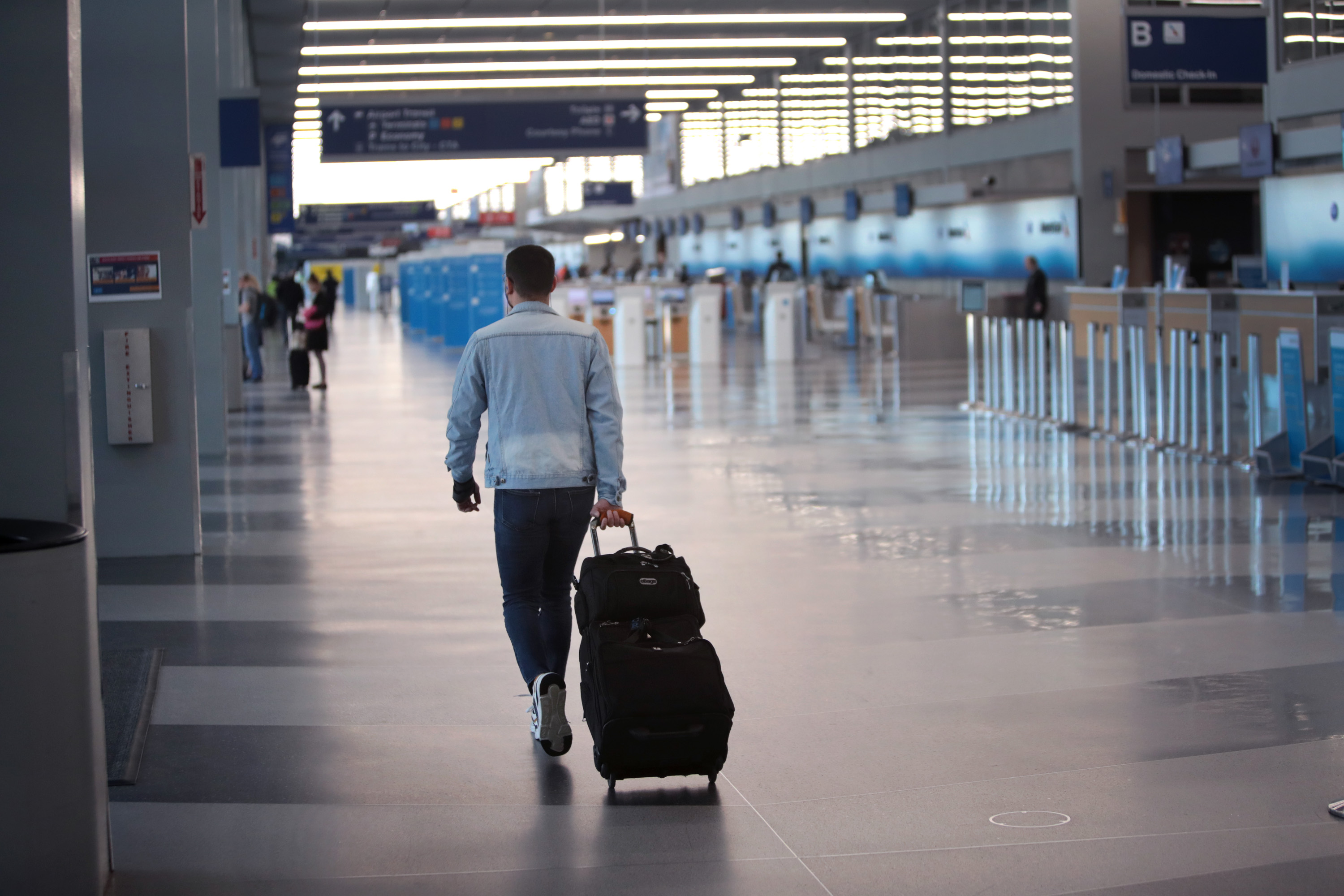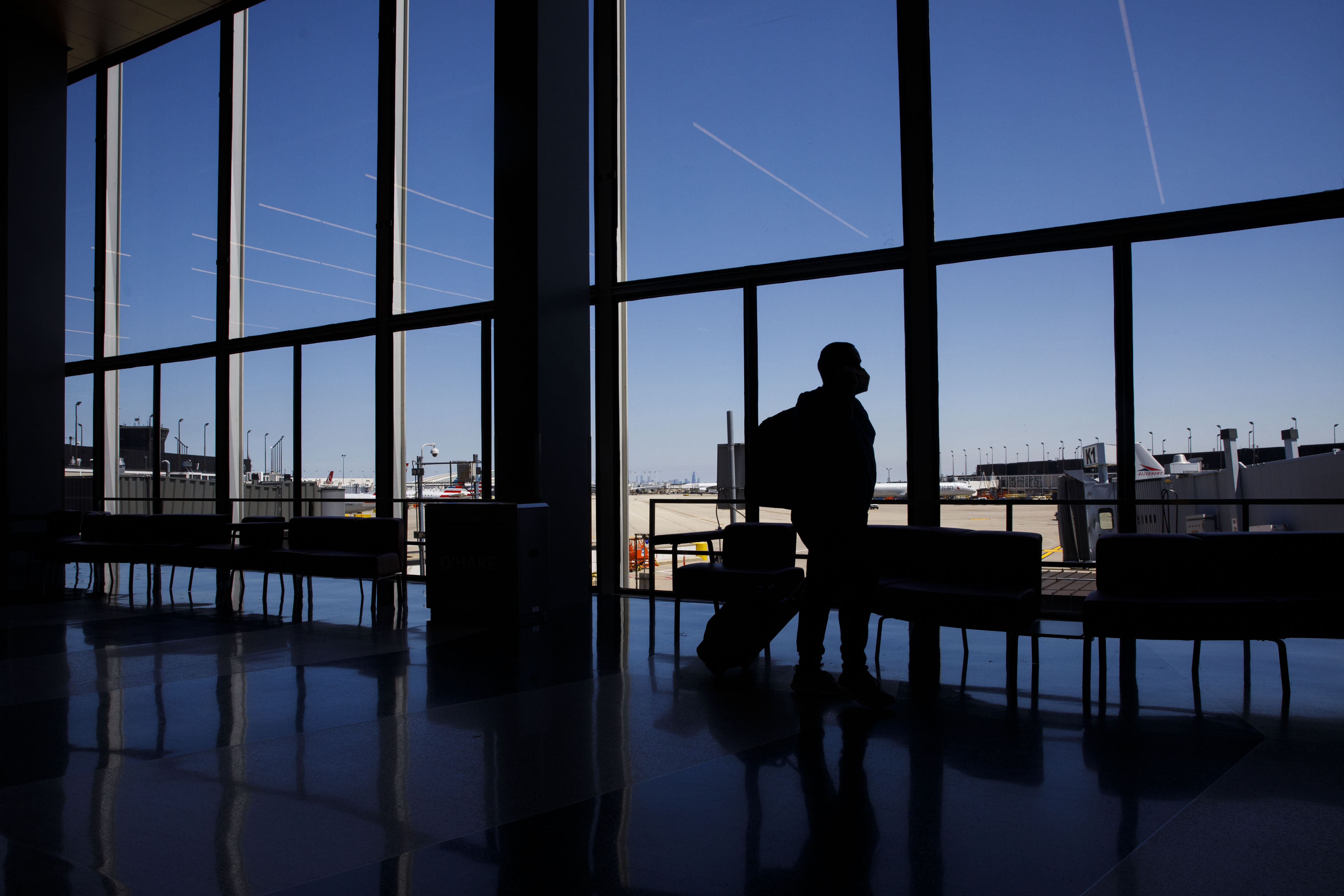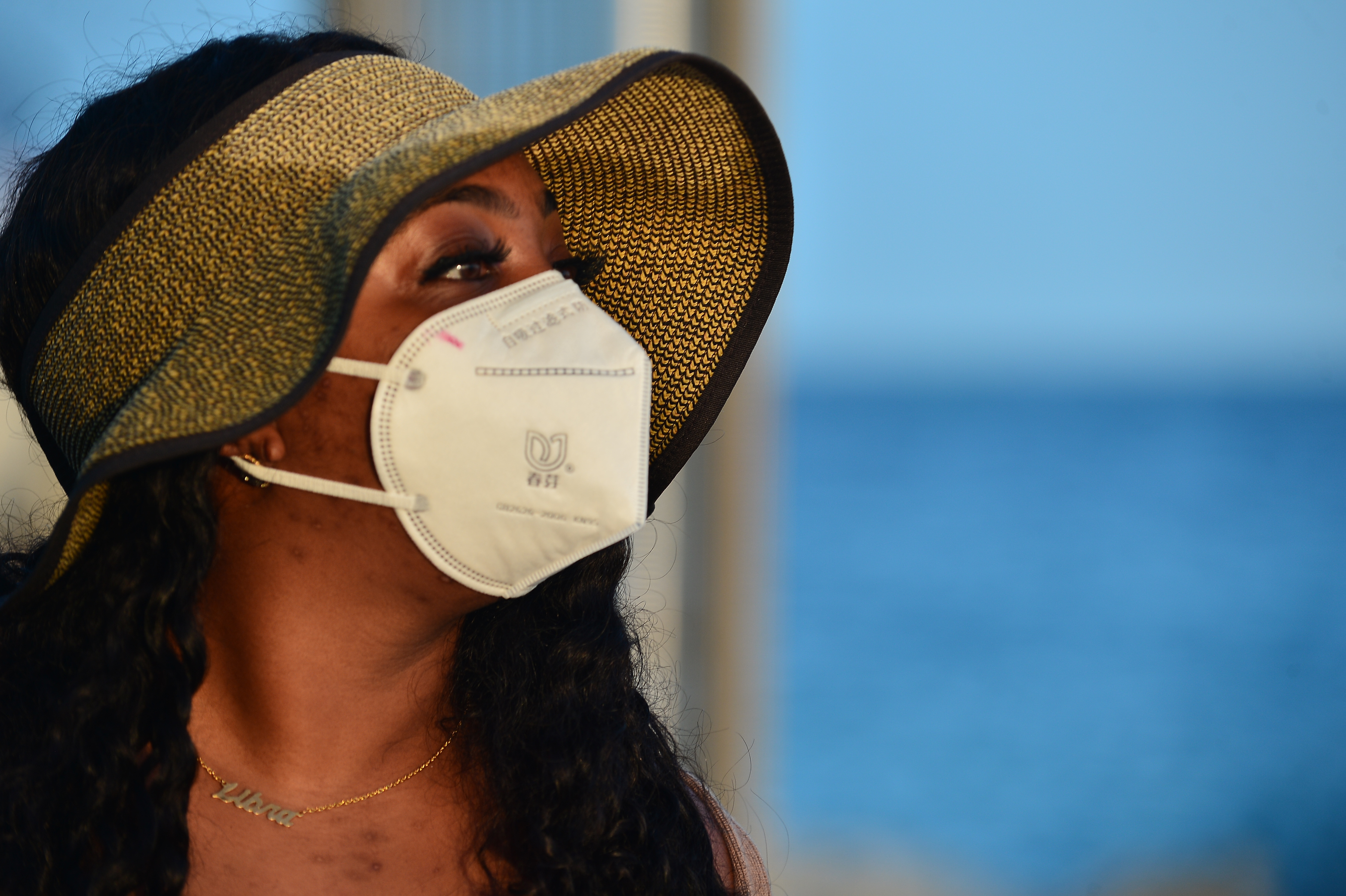What to Know
- The order now includes 17 total states
- The move comes as states across the U.S. see surges of coronavirus cases, many shutting down bars and restaurants in an effort to quell or prevent a spike.
- The quarantine period is 14 days, health officials said
Chicago has added two additional states to its travel order, which requires travelers visiting or returning to the city from certain states to quarantine for 14 days.
Beginning Friday, the order will now include Iowa and Oklahoma, according to the city's website.
Chicago first issued an emergency travel order for 15 states just before the Fourth of July holiday weekend. The order took effect on July 6.
States included in the order at that time were: Alabama, Arkansas, Arizona, California, Florida, Georgia, Idaho, Louisiana, Mississippi, North Carolina, Nevada, South Carolina, Tennessee, Texas, and Utah.
Chicago Department of Public Health Commissioner Dr. Allison Arwady said travelers entering or returning to Chicago from "states experiencing a surge in new COVID-19 cases" will need to quarantine "for a 14-day period from the time of last contact within the identified state."
The order is set to remain in effect until further notice and the list of states is slated to be evaluated every Tuesday.
The move comes as states across the U.S. see surges of coronavirus cases, many shutting down bars and restaurants in an effort to quell or prevent a spike.
New cases have surged in several states across the nation, setting new records almost daily, driven mostly by expanding outbreaks in the American South and West.
New York and New Jersey are also asking visitors from several states from the Carolinas to California to quarantine themselves for two weeks.
It remains unclear if the rest of Illinois will follow suit.
"Our two major international airports are in the city of Chicago," Illinois Gov. J.B. Pritzker said Tuesday. "We don't have a lot of international travel in the other parts of the state."
Pritzker previously said guidance from health officials and scientists has not yet indicated such a move is required.
"That's not something that we are looking at implementing right now," he said last month. "Going forward, if we got the advice to do it we might."




